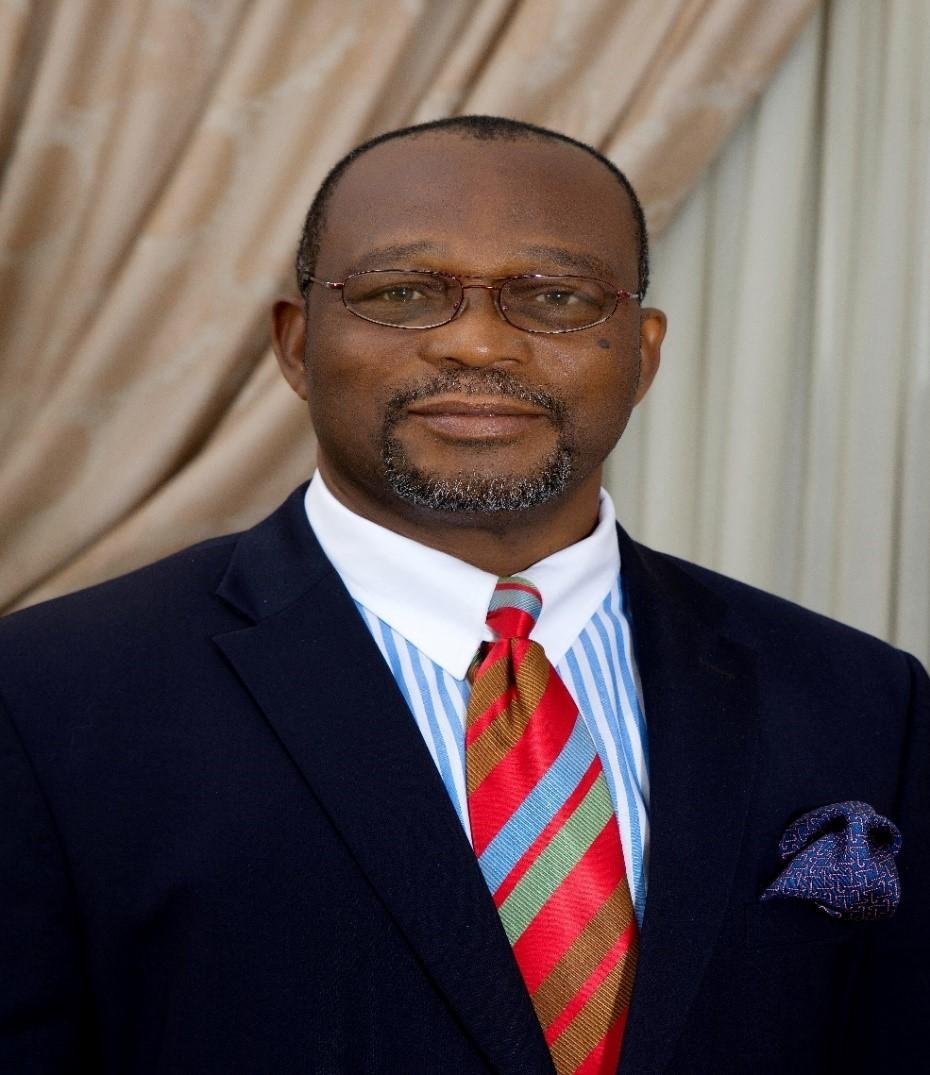Family planning expert and former country director of IPAS, Dr. Ejike Oji, explains how religion and politics are compounding Nigeria’s population crisis and what must be done to fix the problem:
Nigeria’s population continues to explode; in fact it’s projected that by 2050 Nigeria will become the third most populous country, with a population above 400 million; how did we get here?
Over the years, due to political and religious reasons, our leaders failed to look at the other side of the coin in terms of population explosion and the attendant deleterious effects on the country. The two major religious preach ‘go ye and procreate’ as in the two holy books.
The Christians do not want to hear birth control through modern methods of contraception. The Muslims do not want to hear fertility control. Politically we share our federal common resources by three factors. Oil derivation 13 per cent, land mass and population.
So the politicians will tell their followers to make more children, that is the only way they can hold on to power. The result is a high fertility rate of 7.1 in the north and 4.2 in the south of Nigeria. In 12 years we added 58 million people to our population!
In spite of advocacy by government and development partners on the benefits of family planning, acceptance of modern contraceptives has remained very low in Nigeria. What are we doing wrong?
Governments at all levels are not doing enough. The Federal level has at least tried to do something. They have been budgeting for Family Planning (FP) even though not enough but it is a show of some level of commitment. We need about $13.3 million every year but the government provides $4 million as counterpart funding.
The development partners provide the rest. At the sub national level of States and LGAs nothing much is happening, so there is a huge unmet need of about 16 per cent of women who need FP services but are not getting it. The states are not providing the needed supplies and consumables to take care of the last mile delivery of service to clients.
The Christians do not want to hear birth control through modern methods of contraception. The Muslims do not want to hear fertility control. Politically we share our federal common resources by three factors. Oil derivation 13 per cent, land mass and population.
How, in your opinion, can we effectively shore up contraceptive use in Nigeria?
The thing to do is to use policy and proper funding of the FP services in the country. Family planning is a right and also should be a choice thing. But choices also have consequences. If there is a deliberate policy that government can only provide, say, free ante-natal service and deliveries to only first four pregnancies any one after that you will pay, it limits the number of frivolous conceptions by design.
If health care driven by government provides for only six in a family of man, wife and four children, it automatically puts the man on notice. Appropriate funding of FP service to be easily available free and acceptable will make sure that those who want it get it, and this will improve coverage and use.
The 5th Nigeria Family Planning conference held about two weeks ago; what were the major takeaways from the event?
We are at a crossroads now. Demographic dividend or doom!!! The Federal government is trying but could obviously do more. The states and local governments should step up their commitments and investments in this area by appropriately increasing their financial investments here.
There should be an urgent need to increase family planning services to reduce high level of fertility, maternal deaths and disabilities. There should be critical investments on health and educational sector of the economy. The education should be appropriate and relevant.
An environment that would lead to creation of opportunities for jobs for the burgeoning young population. Finally the country should have a deliberate policy to enhance all of these plus creating a nation where there is equity and justice with safety and security our watch word.
What can we do to address the different cultural and religious bias against family planning?
We need strategic engagement and collaboration with the faith groups and traditional leaders to be the drivers for positive change. Giving them the relevant information as to why we must reduce our fertility rate if we are to grow as a country.
Do you think it will ever be possible to legislate the number of children a couple in Nigeria can have?
I will never subscribe to that. Policy driven interventions giving people the choice to make as to how many children they will have and when is the best way to guarantee their reproductive rights.
States and local governments should step up their commitments and investments in this area by appropriately increasing their financial investments here.
What are the three most important things people should know about family planning?
It is a basic human right. It will help them plan their families with the attendant health, economic and well being benefits of the family
Nigerian men have continued to revolt against condom, insisting that the experience isn’t the same. Don’t you think it’s important for the manufacturers to work on improving the product so more of our men can use it?
I completely agree with that. It will improve compliance.
What can we do to get men to realise that preventing pregnancies isn’t the sole responsibility of women?
Proper engagement and education
Why do you think our men have this almost morbid fear for vasectomy?
It is cultural and lack of proper education around the issue.




